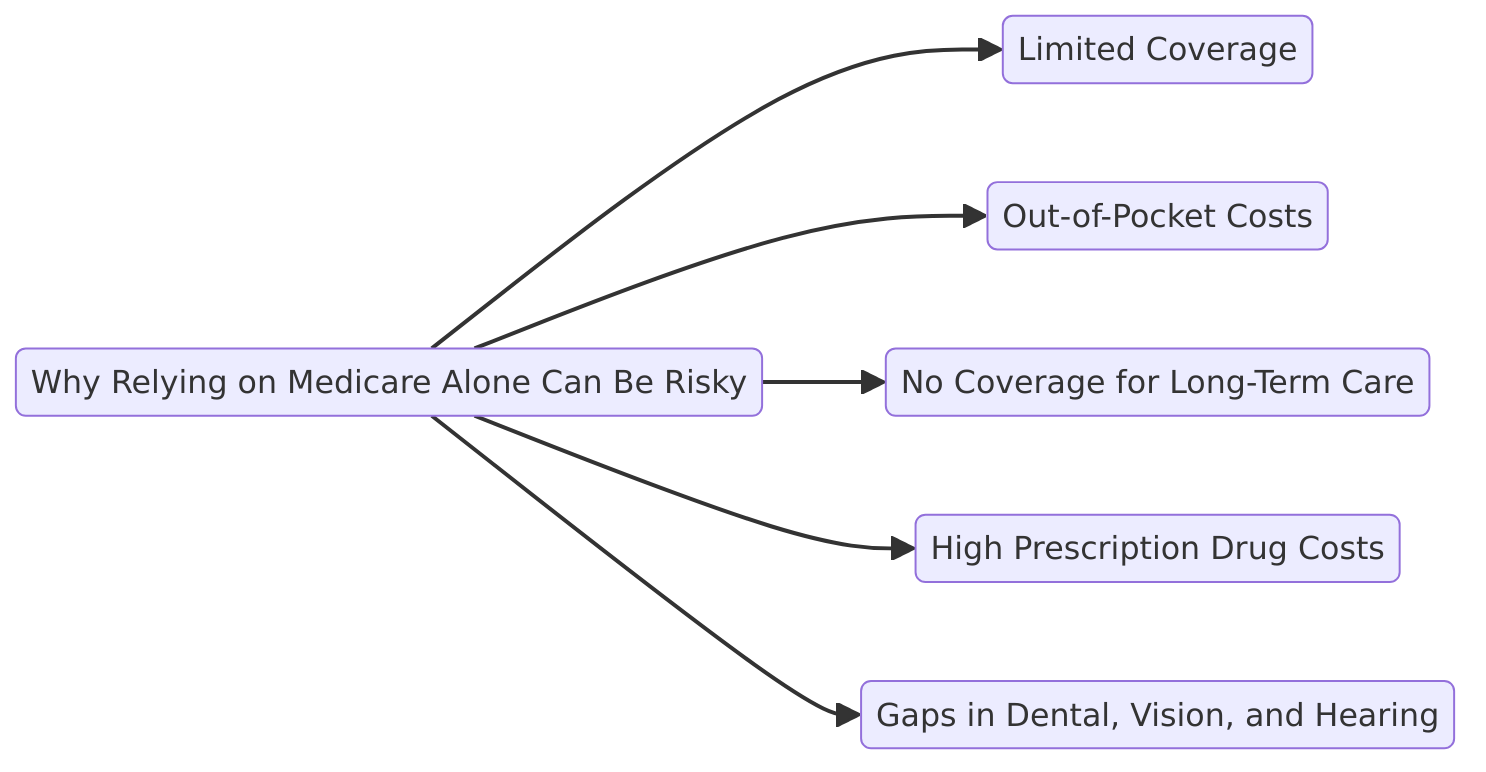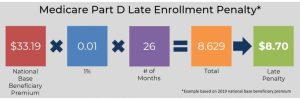Got into a car accident in Michigan and wondering if Medicare will cover your medical bills? You’re not alone. Dealing with an accident is stressful enough, and figuring out how your insurance fits in can feel like another hassle. But don’t worry — I’ll walk you through the basics so you can understand how Medicare works when you’re injured in a car accident.
How Michigan’s Auto Insurance Works with Medicare
Michigan has a no-fault insurance system — meaning if you get into a car accident, your own insurance covers your medical costs no matter who’s at fault. But where does Medicare come into the picture?
Medicare and Auto Insurance Working Together
Here’s the deal — Medicare does help cover medical costs from a car accident, but there’s a catch. Medicare is considered a secondary payer — meaning:
- Your auto insurance pays first
- Medicare steps in if there are leftover medical bills
Henry Beltran, the owner of Medicare Advisors Insurance Group LLC, says, “A lot of people think Medicare will take care of everything, but when it comes to car accidents, it’s not that simple. Michigan’s auto insurance pays first, and Medicare picks up what’s left.”
Find Medicare Plans in 3 Easy Steps
We can help get up to $0 monthly premium Medicare plans
What Medicare Covers After a Car Accident
What Medicare Will Cover
If you’ve got Medicare Part A and Part B, they can cover things like:
- Hospital stays after your auto insurance has paid out
- Doctor visits and outpatient care
- Rehabilitation services
- Medical equipment like wheelchairs or walkers
- Surgery if it’s needed because of the accident
What Medicare Won’t Cover
Now let’s talk about what Medicare won’t handle after a car accident:
- Personal care help — like someone helping you at home
- Lost wages — if you can’t work after the accident
- Pain and suffering — Medicare’s not gonna help you with that
- Damage to your car — obviously!
As Henry says, “If you think Medicare’s gonna help fix your car, think again!” Make sure you know what’s covered and what’s not — it could save you some surprises down the road.
Why Relying on Medicare Alone Can Be Risky
Here’s the truth — Medicare has some limitations when it comes to car accidents. It’ll help with medical costs once your auto insurance maxes out, but there are a few things to keep in mind.
Problem 1: You Have to Wait for Auto Insurance First
The first snag is that Medicare won’t step in until your auto insurance has paid its share. And let’s be honest — auto insurance companies aren’t known for being quick. Meanwhile, those hospital bills might be stacking up while you wait.
Problem 2: Gaps in Coverage
Even when Medicare does kick in, there are things it just won’t cover — like long-term care or home modifications. For example, if you need to build a wheelchair ramp after the accident, Medicare’s probably gonna say, “Not our job.”
Problem 3: It’s Easy to Get Confused
The rules can be confusing. It’s a lot to figure out who’s paying for what and when. Henry says, “Most of my clients get frustrated trying to figure it all out. And the worst part is when they realize something they thought was covered actually isn’t.”
Find Medicare Plans in 3 Easy Steps
We can help get up to $0 monthly premium Medicare plans
Should You Rely on Medicare or Auto Insurance?
It’s tempting to think Medicare will cover everything after an accident — but it’s not that simple. Here’s what you should know:
Auto Insurance Pays First
In Michigan, your auto insurance is the first to pay for medical bills from an accident. That’s usually through your Personal Injury Protection (PIP) coverage. But what happens if your PIP coverage runs out?
- If you’ve got high PIP limits, your auto insurance might cover it all.
- If you’ve got low PIP limits, Medicare could cover what’s left — but only after your auto insurance has done its part.
Medicare: The Backup Plan
Medicare is a backup plan here — it’s useful for medical costs that your auto insurance doesn’t cover. Just don’t expect it to handle everything — especially non-medical costs like replacing your car’s busted bumper.
Henry puts it this way: “You can’t count on Medicare to save the day after a car accident. Think of it as a backup plan — not your main insurance.”
Key Takeaways
So what should you do to make sure you’re covered after a car accident? Here’s the short version:
- Auto insurance pays first in Michigan’s no-fault system
- Medicare will help with medical bills once your auto insurance is maxed out — but it won’t cover everything
- Watch out for gaps in coverage like personal care and home care
- Check your auto insurance PIP limits to make sure you’re fully protected
Final Word from Henry Beltran
“The key is to be prepared. Don’t wait until you’re in an accident to figure out how you’re covered. Review your policies now so you’re not surprised later.”
FAQ: Common Questions About Medicare and Auto Accidents
Does Medicare Pay for Rehab After a Car Accident?
Yes, but only after your auto insurance has paid what it can.
What If I Have Medicaid Too?
If you’ve got Medicare and Medicaid, Medicaid might help after both your auto insurance and Medicare have paid.
Will Medicare Cover My Ambulance Ride?
If your auto insurance doesn’t cover it, Medicare might step in.
Find Medicare Plans in 3 Easy Steps
We can help get up to $0 monthly premium Medicare plans
Wrapping It Up
Car accidents are already stressful — you don’t want to worry about how you’re going to pay those medical bills too. Medicare can help after your auto insurance pays its share, but don’t expect it to cover everything.
Make sure you’ve reviewed your policies and know where Medicare fits in — that way you’re prepared when the unexpected happens! And if your car’s in worse shape than you after the accident — well — maybe it’s time to consider an upgrade!
Stay safe out there!







